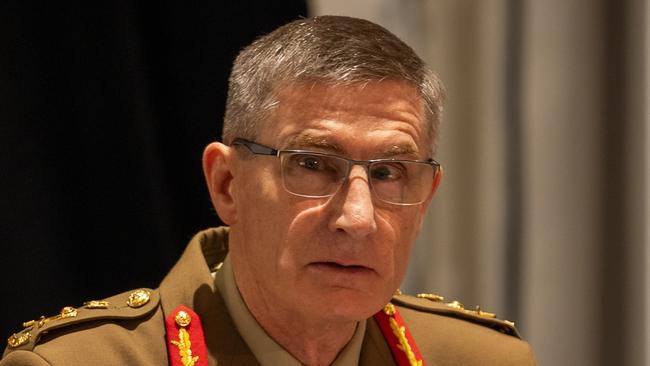
Whatever his personal character and ethics, Campbell is a failed leader across a range of simple objective tests. The Defence Force he led was meant to be growing by about 1000 people a year since 2017. Instead it has been shrinking. That’s despite the fire hose of taxpayer money flowing into Defence since 2016.
Two governments told Campbell and his civilian colleague, Defence secretary Greg Moriarty, that Australia could no longer afford the luxury of preparing for a conflict in 10 years’ time.
These warnings came in the form of the Morrison government’s 2020 Defence Strategic Update and the Albanese government’s Defence Strategic Review last April.
They both directed Defence to make urgent changes to increase Australia’s military power. But those directions have not managed to shift Defence from its business-as-usual pursuit of developing a perfect future force, sometime decades from now.
And while Defence has remained focused on this distant vision, its senior military and civilian leadership has neglected to do anything to make our military more effective or powerful at any point during this decade. Other nations – Japan, South Korean, The Philippines and every NATO member – are urgently building their militaries. Their military leaders see this as a core responsibility.
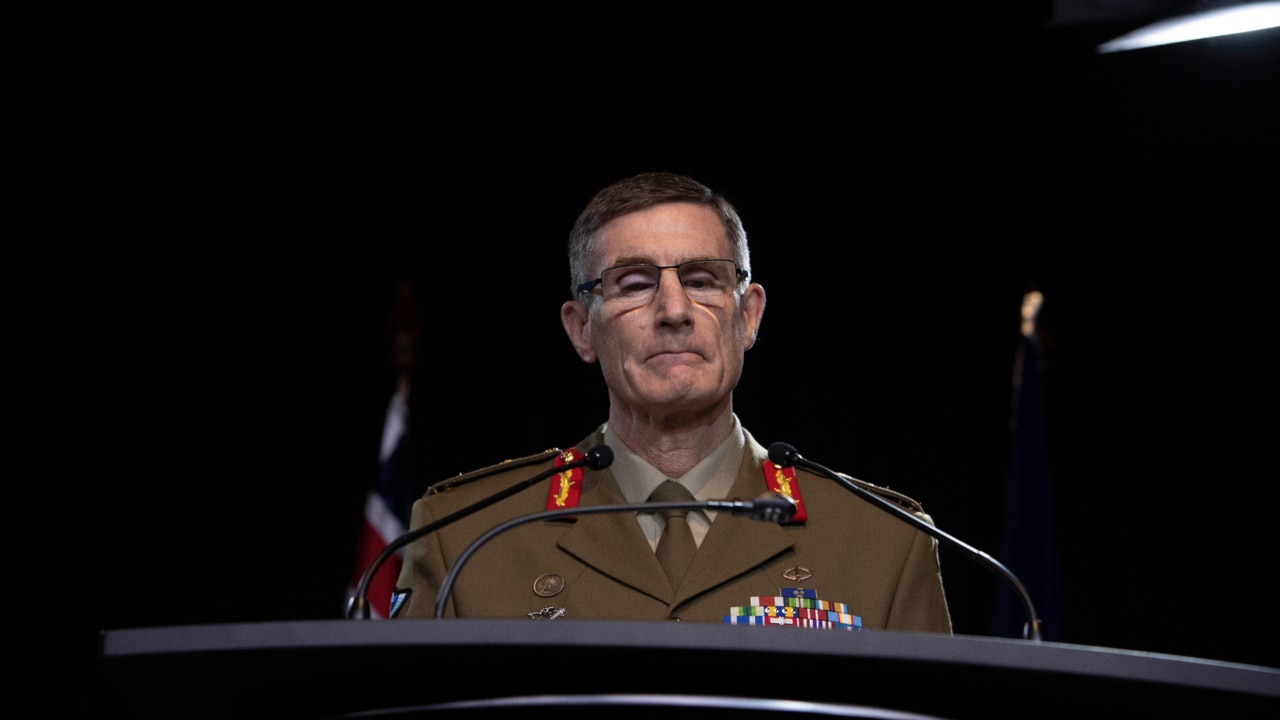
Unfortunately, Defence Minister Richard Marles had reached the point where he had given up expecting anything fast or new from the Defence organisation that Campbell and Moriarty led. In a speech last year Marles said our region had “already entered a decisive period” strategically; he now says “Australia’s challenge lies in the future beyond this”. If only that were true. It’s still true that if a young Australian wants to work with drones and autonomous systems, they’d be better off becoming a farmer than joining the navy, army or air force.
However, the biggest personal leadership failure of Campbell relate to Afghanistan. He was the senior officer in command of Australian forces deployed there from 2011-2012 and received a Distinguished Service Cross for that command.
In 2020, when credible evidence emerged from the Brereton Report into the allegations that Australian Special Forces personnel had committed war crimes and murder between 2005 and 2016 – a period that included his command – Campbell faced his leadership moment. And failed.
“These findings allege the most serious breaches of military conduct and professional values,” he said at the time.
“The unlawful killing of civilians and prisoners is never acceptable … It’s my duty and that of my fellow chiefs to set things right. Accountability rests with those who allegedly broke the law and with the chain-of-command responsible for the systemic failures, which enabled alleged breaches to occur and go undetected.”
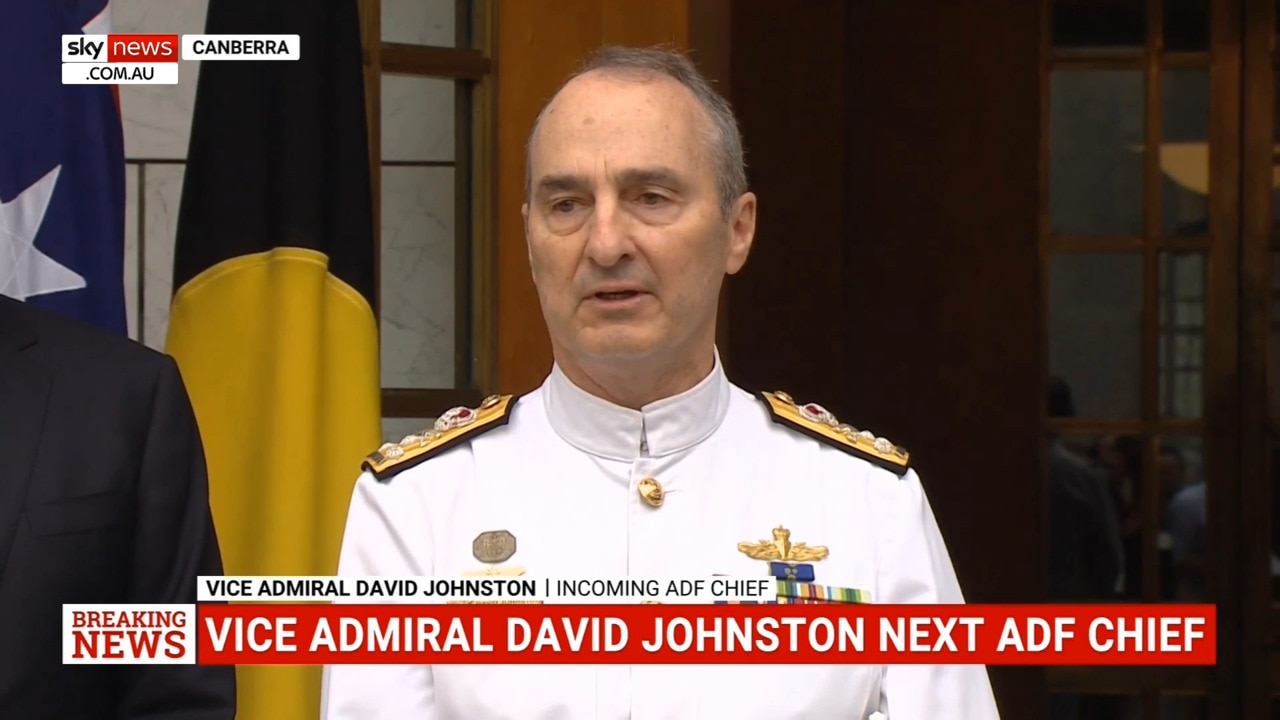
And yet while calling for honours given to the Special Forces to be revoked, Campbell failed to do what every leader must – to ask nothing of others that you are not willing to do yourself. He kept his own award. No one in the miliary hierarchy from this time has been held to account.
Campbell’s move to strip the unit citation was apparently overruled by then defence minister Peter Dutton. But if Campbell had publicly returned his Distinguished Service Cross first, his demonstration of moral integrity would have been hard to stand against.
Two weeks ago, testifying before the Royal Commission into Defence and Veteran Suicide – facing the fact that 20 times more Defence members have died from suicide than have on active duty – Campbell apologised unreservedly. He said deficiencies in Defence’s efforts had “tragically led to the deaths by suicide of some of our people”.
But he had few ideas about anything he might have done differently over his six years of command, or even what should be done from here on.
And AUKUS? The best that can be said about Campbell and his Defence leadership colleagues on AUKUS is they didn’t get in the way of a prime minister who wanted to get hold of nuclear submarines.
So, farewell to Angus Campbell. May his successor, David Johnston, overturn the expectations so many of us have about Defence and its leadership and deliver the rapid change it needs.
Michael Shoebridge is director of Strategic Analysis Australia.



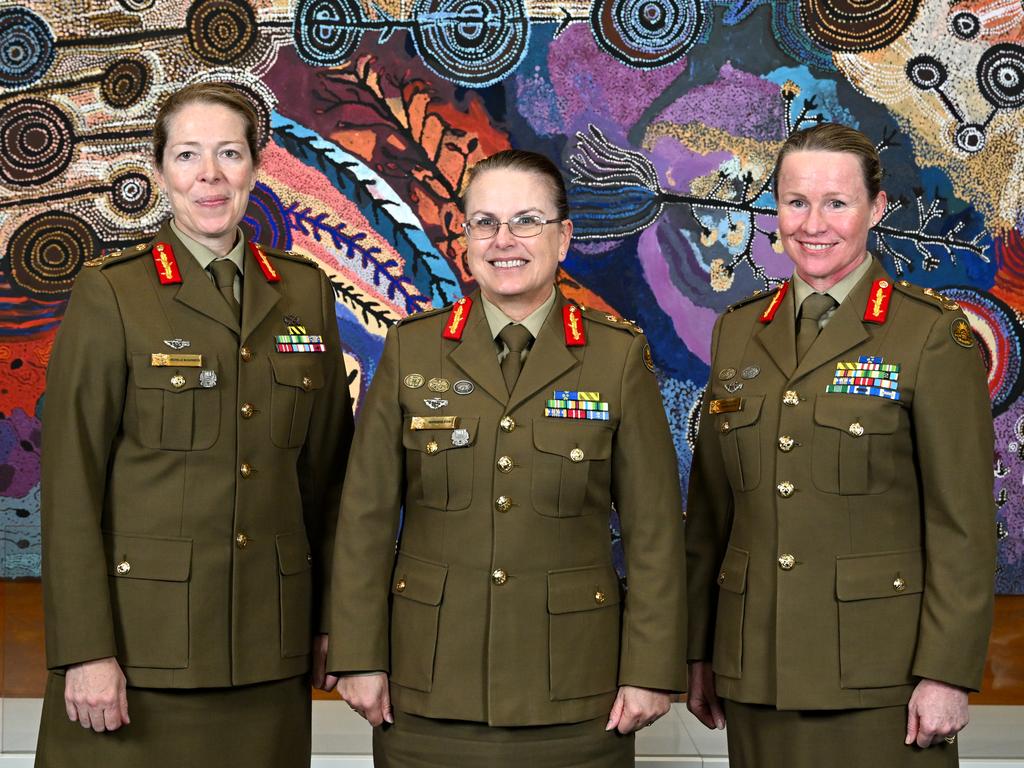
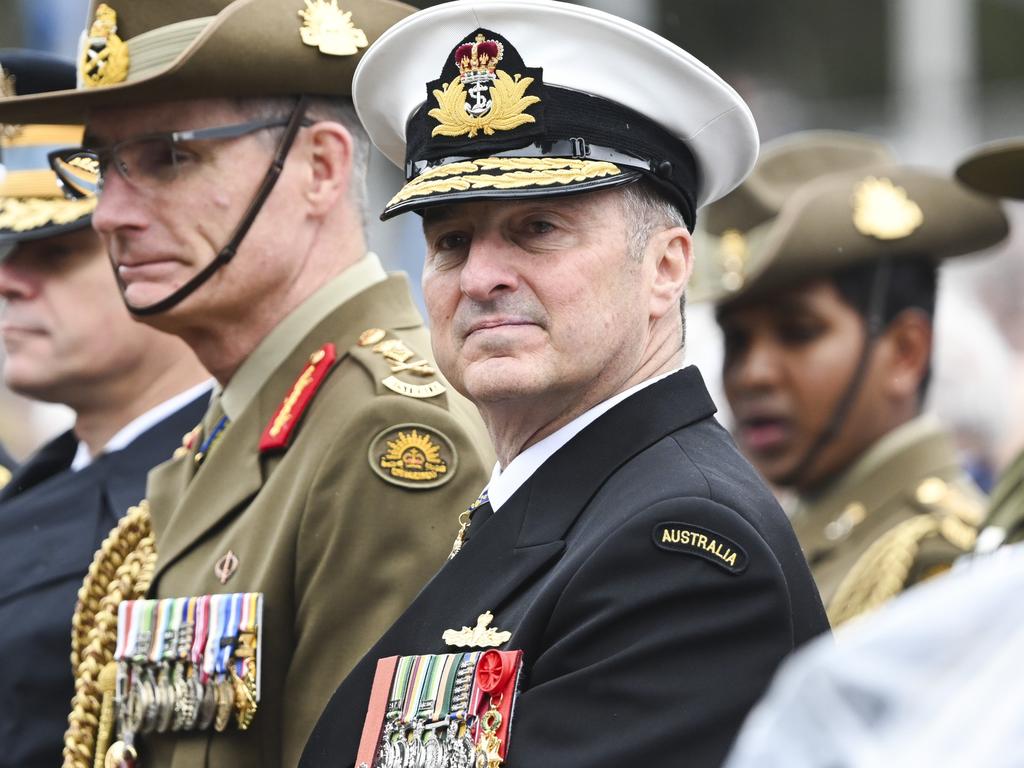



General Angus Campbell ends his six-year tenure as chief of Australia’s military having presided over a period of drift and inaction, at a time when Australia needed strength and decisiveness from its Defence Force commander.